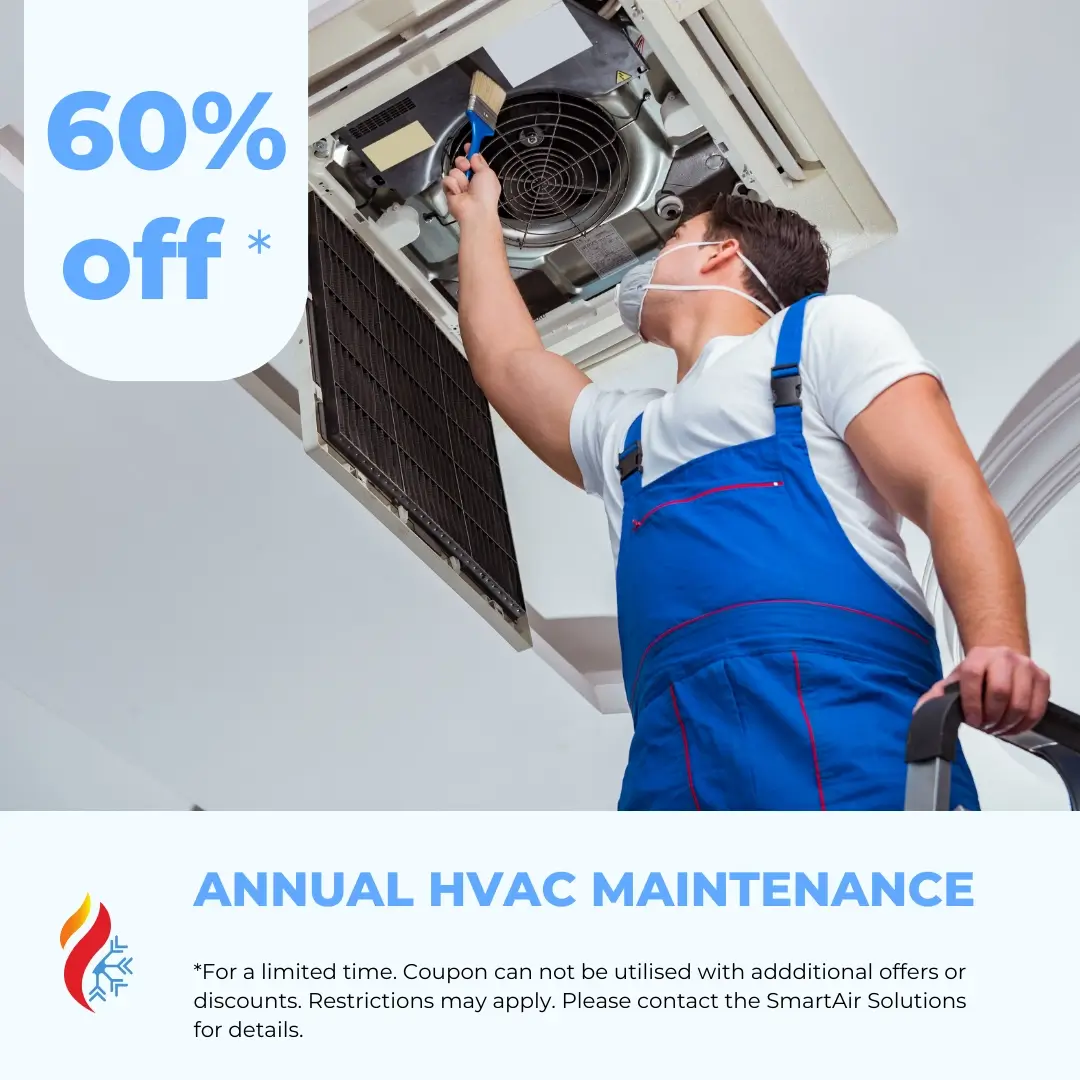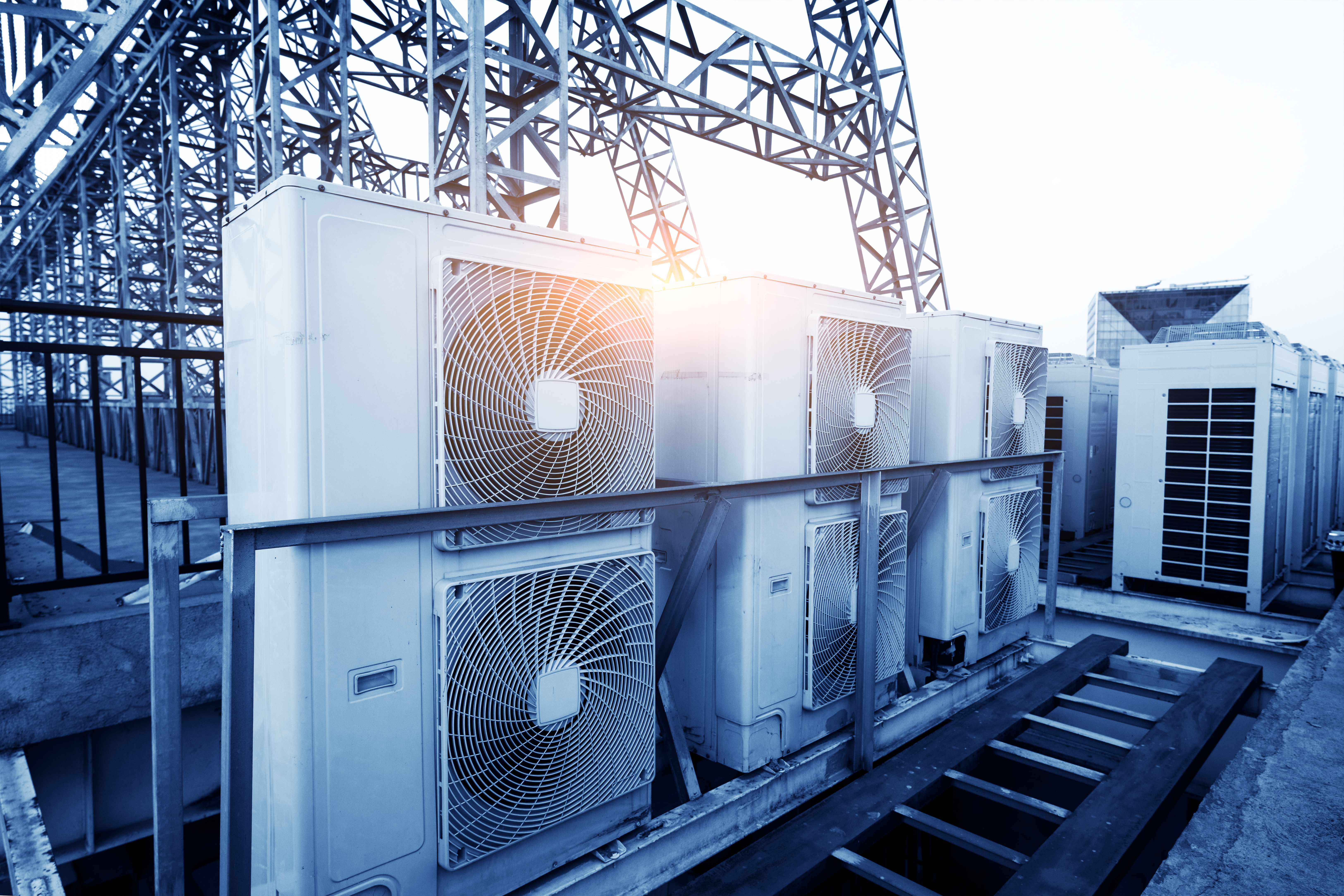Residential Heating and Air Conditioning Solutions for Year-Round Convenience
Residential Heating and Air Conditioning Solutions for Year-Round Convenience
Blog Article
An Extensive Consider HVAC Providers and Their Effect On Power Effectiveness and Cost Cost Savings
With technical improvements like wise thermostats and high-efficiency elements, the possibility for enhancing system efficiency is huge. As we check out the complex partnership in between A/c systems and functional costs, including the change in the direction of eco friendly choices, the concern develops: how can these approaches be properly carried out to make the most of both economic and ecological benefits?

Importance of Heating And Cooling Systems
heating and cooling systems are an important element of modern buildings, playing a crucial duty in keeping healthy and comfortable interior settings. These systems, including air, home heating, and air flow conditioning, are essential for managing temperature level, humidity, and air quality, thus ensuring the health of occupants. Effective HVAC systems contribute considerably to producing an ideal indoor climate, which is important for both property and commercial rooms.
In industrial buildings, cooling and heating systems are essential to giving a efficient and risk-free atmosphere. By regulating indoor environment conditions, these systems help protect against the growth of mold and mildew and the spread of airborne pollutants, thus safeguarding the wellness of employees and clients. In addition, in domestic setups, heating and cooling systems boost living conditions by using consistent thermal comfort and boosting indoor air top quality, which is important for general health.
Additionally, the layout and maintenance of cooling and heating systems have a direct influence on power consumption and operational expenses. Effectively designed and preserved systems can significantly decrease energy use, bring about reduced utility expenses and a smaller sized carbon impact. The performance of these systems thus plays a critical function in advertising sustainability and energy preservation within structures, highlighting their relevance in the modern-day building landscape.
Advances in HVAC Modern Technology
Innovation in HVAC innovation is revolutionizing the method structures take care of interior environments, introducing a brand-new age of effectiveness and control. Recent developments have concentrated on optimizing energy consumption while boosting customer convenience. One significant advancement is the combination of wise thermostats, which utilize synthetic intelligence to find out tenancy patterns and change temperatures accordingly, lowering unneeded energy use.
Variable Cooling Agent Circulation (VRF) systems represent another significant jump onward. These systems enable for exact temperature control in various areas of a building, boosting comfort and reducing power waste. VRF modern technology is especially advantageous for large business spaces, using versatility and scalability.
Additionally, the arrival of Web of Things (IoT) tools has actually transformed cooling and heating systems into interconnected networks capable of real-time data collection and analysis. This connectivity enables anticipating maintenance, making certain systems run at peak efficiency and decreasing unforeseen downtime.
Additionally, advancements in products and design, such as using high-efficiency coils and compressors, have boosted overall system efficiency - Heating Contractor. The adoption of ecologically pleasant refrigerants additionally underscores the market's dedication to sustainability
These technological technologies are critical in reducing operational expenses and ecological impact, establishing brand-new standards for developing environment management.
Cooling And Heating Maintenance and Effectiveness
Making certain optimal efficiency of cooling and heating systems extends past technical advancements; it additionally depends upon reliable maintenance techniques. Routine upkeep is critical for sustaining effectiveness, lowering power consumption, and prolonging the life expectancy of HVAC systems. The main goal is to make sure that all parts function at their peak potential, thus reducing power waste and maintaining constant indoor comfort levels.
Routine maintenance tasks, such as cleaning or replacing air filters, inspecting refrigerant levels, and examining ductwork for leaks, are necessary for preventing unneeded pressure on the system. Unclean or clogged filters can block air movement, creating the system to function tougher and eat even more power. Furthermore, poor cooling agent degrees can lower cooling down efficiency, resulting in greater operational expenses.
Additionally, periodic evaluations by qualified professionals can identify potential concerns prior to they rise right into expensive repair work or system failures. These inspections frequently consist of examining electrical connections, adjusting thermostats, and making certain the general stability of the heating and cooling system. By addressing small issues early, organizations and house owners can prevent unforeseen breakdowns and improve energy efficiency.
Affordable Heating And Cooling Solutions
For those wanting to obtain one of the most out of their home heating, air, and ventilation Residential ac system installation conditioning systems without breaking the financial institution, discovering economical HVAC remedies can make a considerable distinction. One immediate procedure is to spend in programmable thermostats, which allow individuals to establish particular temperature levels for various times of the day, enhancing power usage and decreasing unneeded consumption. By automating temperature changes, homeowners can accomplish significant savings on power costs.
Regular maintenance is one more important part of cost-efficient HVAC management. Ensuring that filters are cleaned or replaced regularly, ductwork is sealed, and units are serviced by professionals can avoid expensive repair work and enhance system longevity. Preventive maintenance not only keeps system performance but likewise assists in staying clear of unforeseen malfunctions that can result in costly emergency repair services.
Furthermore, retrofitting existing systems with energy-efficient parts, such as variable rate electric motors or high-efficiency compressors, can be a prudent investment. These upgrades boost functional efficiency, reduce power usage, and can typically be executed at a fraction of the price of a complete system replacement.
Environmental Influence Reduction
Decreasing the ecological effect of a/c systems is vital in today's pursuit of lasting living. Heating and cooling systems are significant factors to energy intake, representing nearly 40% of energy usage in industrial buildings. This power demand commonly counts on fossil gas, causing greenhouse gas emissions and ecological degradation. Transitioning to a lot more efficient systems, such as those using renewable resource resources, can significantly minimize these effects.
Technological advancements in a/c layout and procedure, consisting of the assimilation of clever thermostats and energy-efficient heatpump, are pivotal in decreasing carbon impacts. These developments enable for enhanced energy use, lessening waste and improving general system performance. Furthermore, embracing routine maintenance practices makes certain cooling and heating systems run at peak performance, more stopping unneeded power usage.
Moreover, making use of environmentally friendly refrigerants is essential, as traditional refrigerants, like CFCs and HCFCs, have actually been terminated as a result of their ozone-depleting residential properties. Modern options, such as hydrofluoroolefins (HFOs), offer decreased environmental risks, aligning with international ecological procedures. By embracing these sustainable practices, heating and cooling services can play a transformative function in minimizing environmental impacts, advertising power efficiency, and cultivating a much more sustainable future.
Verdict

In addition, the design and upkeep of HVAC systems have a direct impact on power consumption and functional prices. Regular maintenance is crucial for maintaining efficiency, reducing power consumption, and expanding the life span of A/c systems. HVAC systems are considerable factors to power consumption, accounting for almost 40% of power use in business buildings. Furthermore, taking on routine maintenance practices makes sure HVAC systems operate at peak performance, further reducing unneeded energy usage.
The shift to ecologically pleasant Heating and cooling systems additionally reduces operational expenses and promotes sustainability. (Heating Contractor)
Report this page